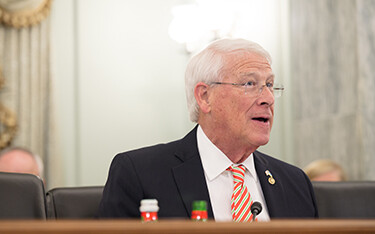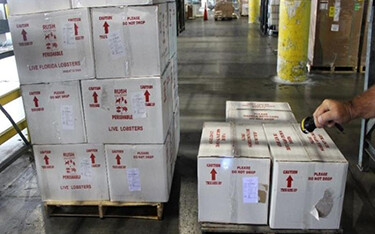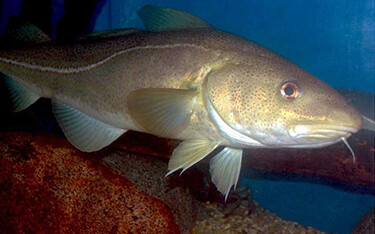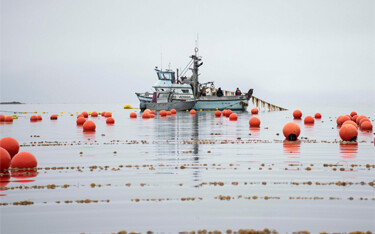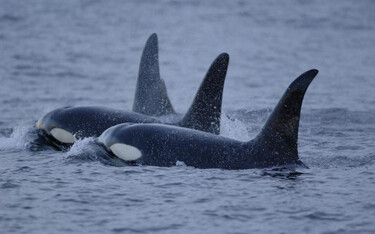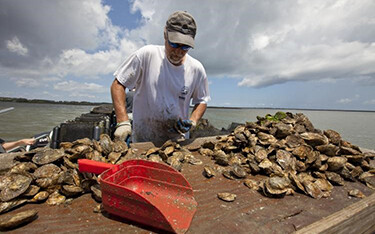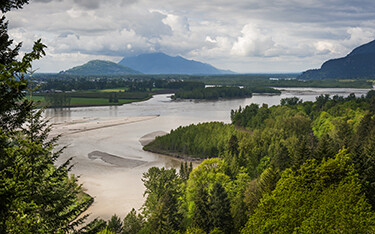U.S. lawmakers are making yet another attempt to pass the Advancing the Quality and Understanding of American Aquaculture (AQUAA) Act, a bill that would establish national standards for offshore aquaculture and streamline development.
First introduced in 2018, the legislation has gone through multiple iterations as lawmakers push for a comprehensive framework that encourages aquaculture operations in federal waters. The bill would make NOAA the
… Read MoreA second spiny lobster dealer in the U.S. state of Florida has been fined for falsely labeling foreign-bought lobsters as U.S. products, following the February sentencing of seafood wholesaler, distributor, and exporter Elite Sky International for similar illegal activities.
“These individuals and companies intentionally misrepresented their lobster to be something that it’s not – a product of the United States,”
… Read MoreA group of 66 environmental organizations have released a progress report celebrating the Biden administration’s ongoing efforts to implement ocean-based climate policies.
"The U.S. has made remarkable progress in advancing ocean-based climate solutions, thanks to a tireless network of ocean advocates, committed Congressional leaders, and the Biden Administration,” Ocean Defense Initiative Director Jean Flemma said in a statement.
… Read MoreThe U.S. Occupational Safety and Health Administration (OSHA) will begin conducting random comprehensive safety inspections of New England seafood processors and wholesaler operations as part of a local emphasis program designed to crack down on hazardous conditions and reduce injuries and fatalities.
OHSA, the federal government's workplace safety regulator, currently has no inspection targeting system that covers the seafood industry, despite
… Read MoreTwo U.S. senators have introduced legislation that would allow businesses in direct support of commercial fishing to access a federal agriculture loan program.
Under The Fishing Industry Credit Enhancement Act, introduced by U.S. Senator Angus King (I-Maine) and U.S. Senator Lisa Murkowski (R-Alaska), businesses such as cold storage providers and gear suppliers would be allowed to use the Farm Credit System (FCS), a nationwide network of lenders
… Read MoreNew genetic evidence suggests the overfishing of cod in the 1900s led the fish to rapidly evolve over decades, according to a study led by Rutgers University.
The study, published in the Philosophical Transactions of the Royal Society B: Biological Science, shows that the collapse of cod stocks in the Atlantic due to overfishing may have spurred genetic changes that were previously thought to take place over millions of years.
“We have now
… Read MoreNOAA is considering the creation of an aquaculture opportunity area in the U.S. state of Alaska, the agency announced 1 June.
Alaska could become the third region with an aquaculture opportunity area (AOA), joining Southern California and the Gulf of Mexico, though Alaska's is likely to be declared in state waters, whilethe previous two AOAs are in federal waters.
AOAs have been evaluated as suitable sites for future to aquaculture
… Read MoreA U.S. judge has rejected a motion from the state of Alaska, the Alaska Trollers Association, and NOAA Fisheries to stay his order earlier this month that will effectively close the winter and summer commercial chinook troll fishery in Southeast Alaska.
The groups are now looking to the U.S. Ninth Circuit Court of Appeals for relief as they race against the clock to ensure the commercial fishery can open 1 July.
Alaskan fishing groups were
… Read MoreNOAA Fisheries has recommended 40 projects to receive USD 11 million (EUR 10.3 million) in grant funding.
“These grant awards support the promotion and marketing of U.S. fisheries which supports U.S. fishing and aquaculture industries and our nation's working waterfronts,” NOAA Fisheries Acting Deputy Assistant Administrator for Operations Jim Landon said in a statement.
Established in 1954, the Saltonstall-Kennedy Program is a U.S.
… Read MoreThe United States Supreme Court rolled back the U.S. Environmental Protection Agency’s ability to regulate wetlands under the Clean Water Act, ruling that the law only applies to wetlands that are indistinguishable from “waters of the United States.”
Environmental groups have condemned the court’s decision as a limitation on the ability of communities to protect waterways and the fish that live in them, but others argue
… Read More

